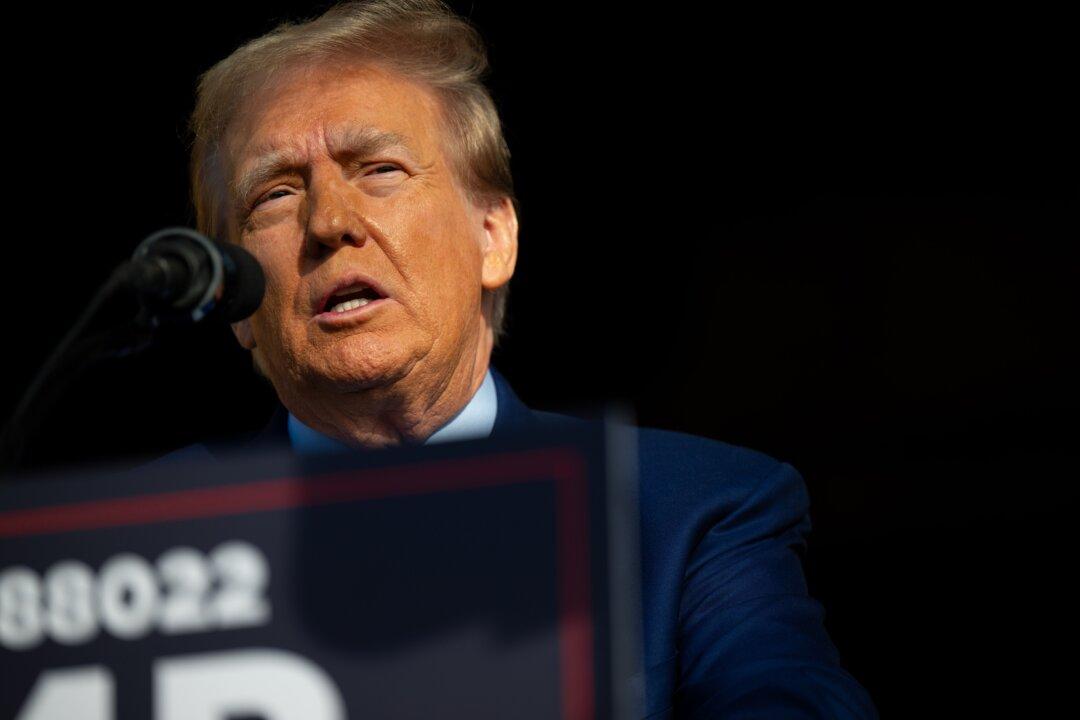A federal appeals court on Friday put a temporary freeze on a gag order against former President Donald Trump, whose legal team filed an emergency motion Thursday to lift the gag order while his appeal plays out before the court.
A three-judge panel of the U.S. Court of Appeals for the D.C. Circuit issued an order on Nov. 3, requiring that the gag order imposed on President Trump by U.S. District Judge Tanya Chutkan last month is “administratively stayed pending further order of the court.”





